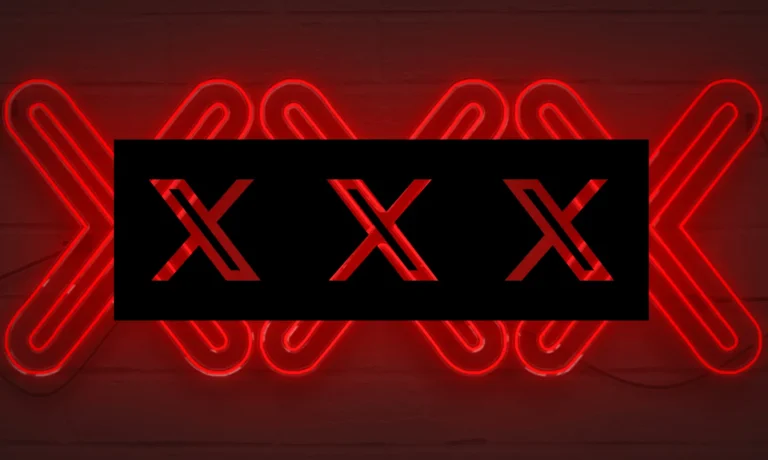In a move that could shake up the social media landscape, France is putting X on notice. The platform, formerly known as Twitter, recently made waves by officially updating its policies to allow adult content. Now, the French government is firing back, suggesting X might soon be treated like a full-blown porn site, complete with mandatory age verification for all users.
X Said Yes, France Said ‘Non!’
In late May 2024, X finally put its unwritten rule into official policy: consensually produced adult content is welcome. As long as it’s labeled, it’s fair game. This move solidified X’s reputation as the most adult-friendly mainstream social platform, a stark contrast to the stricter content policies of Meta’s Instagram and Facebook.
But the French government wasn’t impressed. The office of Digital Minister Clara Chappaz sent a clear message to the platform, as reported by Politico:
“X has indicated since 2024 that it accepts the distribution of pornographic content. It must therefore be treated as such.”
This isn’t just tough talk. France has a powerful new tool in its arsenal: the SREN law. Passed in 2023, this legislation is designed to protect minors by forcing any platform distributing pornographic material to verify its users’ ages. And the penalties for not complying are severe, ranging from hefty fines and being delisted from search engines to an outright country-wide block.
The ‘Pornhub Precedent’
If X’s team thinks France is bluffing, they only need to look at what happened to Pornhub. Last year, the adult entertainment giant and several of its sister sites were effectively kicked out of France for failing to comply with the SREN law. French internet service providers were ordered to block access, sending a clear signal that the government means business.
Now, regulators are “examining the designation of X” to see if it falls under the same category. For millions of French users, this could mean a future where logging onto X requires more than just a password—it could require an ID.
The VPN Conundrum
Of course, in the digital age, a block is never a perfect barrier. Tech-savvy users can easily turn to VPNs to bypass regional restrictions, a fact that Minister Chappaz openly acknowledges. In a recent interview with Euractiv, she admitted that workarounds exist but remained firm on the government’s stance.
“There will always be a way to circumvent [blocked content], but it [the law] makes it much harder.”
The French strategy seems to be about creating significant friction. While some users might go through the trouble of using a VPN, the government is betting that the hassle will be enough to deter the vast majority, effectively shielding minors from stumbling upon adult content on the platform.
A Crossroads for X and the Internet
This showdown puts Elon Musk’s platform in a difficult position. Does it compromise its free-speech-oriented policies to comply with France’s strict rules, potentially setting a precedent for other nations? Or does it hold its ground and risk losing access to a major European market?
The outcome of this standoff will be watched closely by creators, users, and tech companies worldwide. It’s a classic battle between platform autonomy and national regulation, and the choice X makes could have ripple effects across the entire internet.
As one industry analyst noted, “The ball is in X’s court. For a platform that champions open conversation, the question is whether it’s willing to face a digital ‘Accès refusé’ sign at the French border.”
* Photo from asnhub.com









